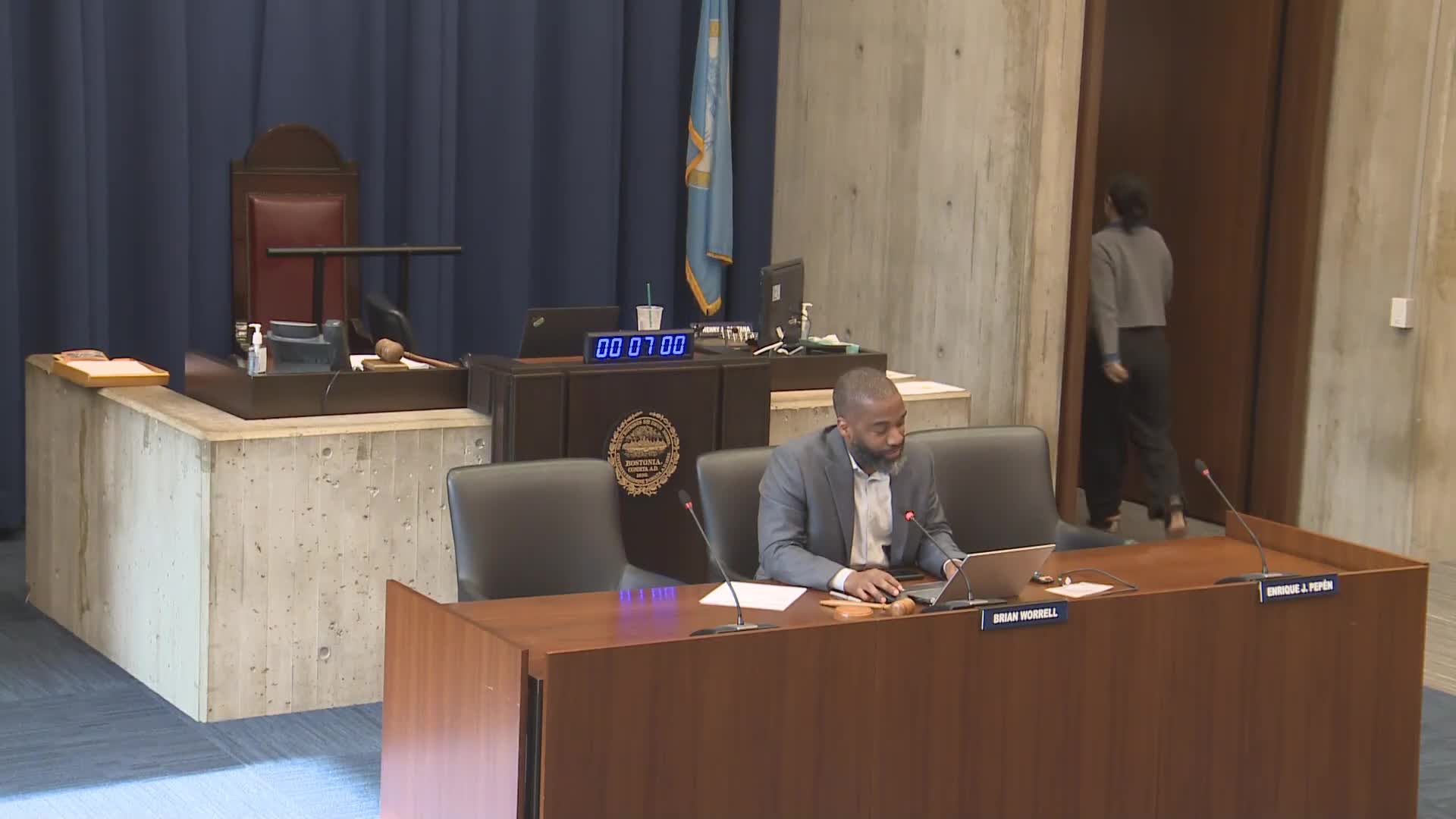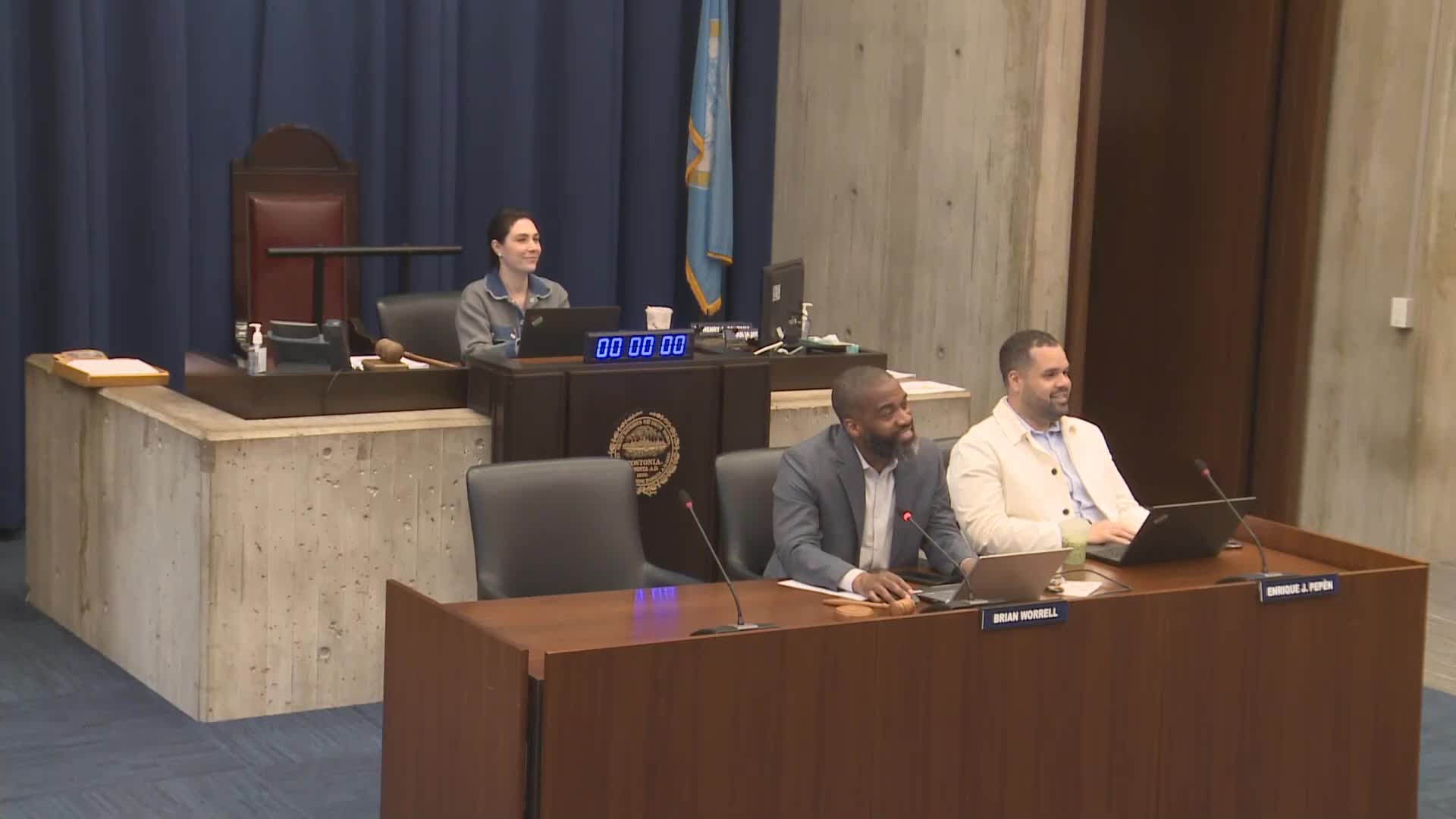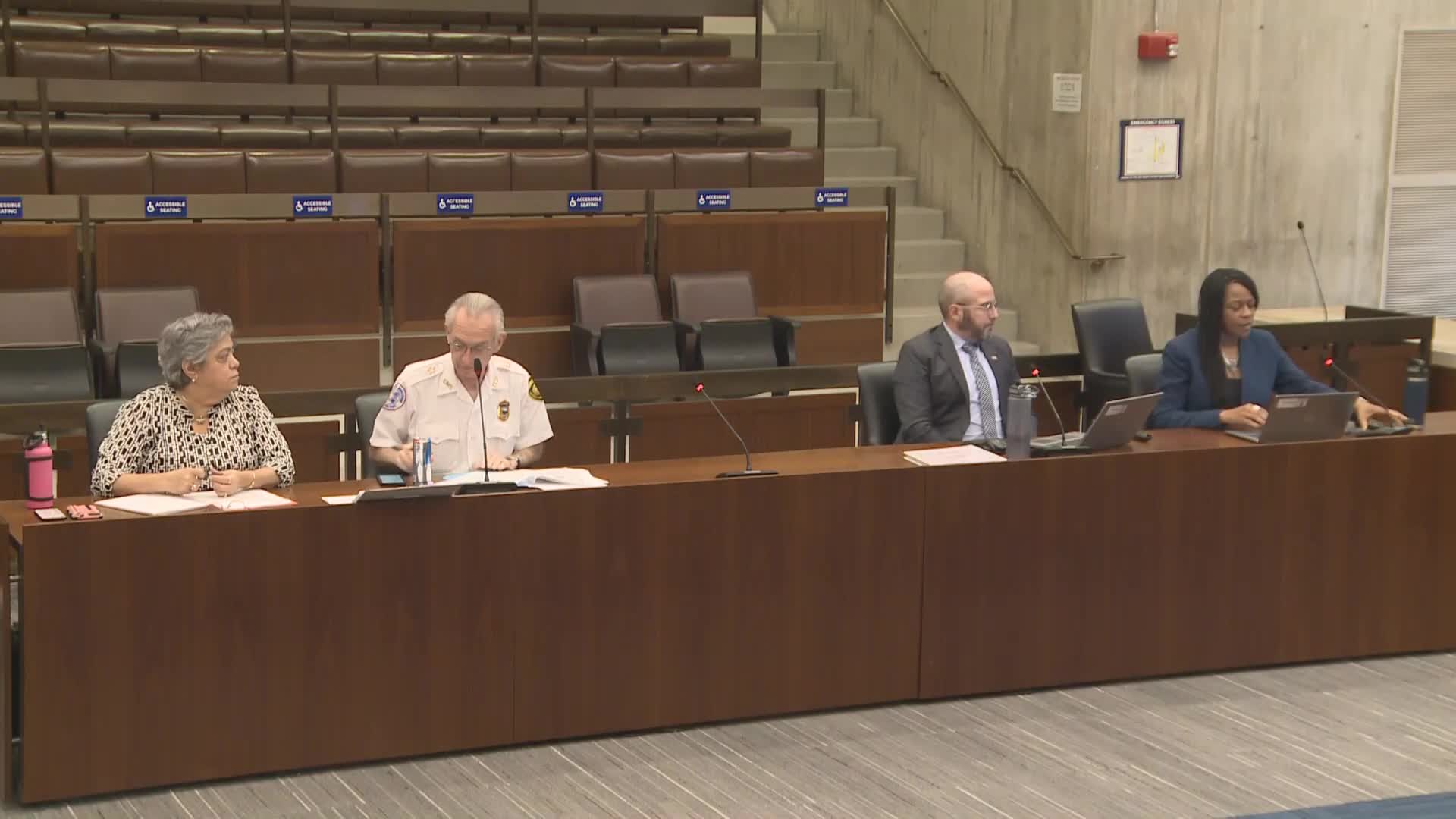Article not found
This article is no longer available. But don't worry—we've gathered other articles that discuss the same topic.

Proponents push City Council to fund Boston People’s Response nonpolice crisis-response pilot

Boston EMS outlines staffing, call volume and a $86.8 million FY26 budget request to council

